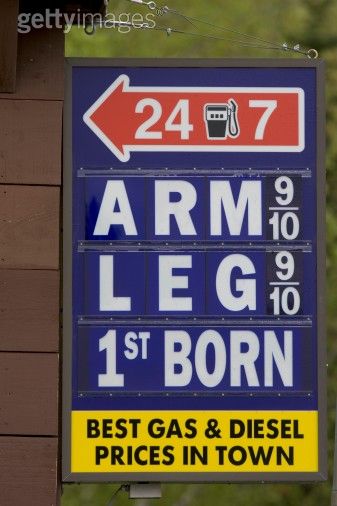New Orleans A question popping up everywhere is whether or not $4 gas is a tipping point that will change citizen behavior, urban planning, transportation utilization, auto purchase patterns, access to health care, reduced, expensive air fare, and, yes, pretty much life as we know it. My guess is that the answer is “maybe,” but more importantly, if the answer is “yes,” we are not ready for it, and no one is really responding yet in the way that’s required.
* A recent piece in the Times noted that access to home health care, which had been the accessible and more affordable alternative to nursing home care, is declining because the reimbursement is not keeping up with the need to do the number of visits. This is a health care business model that needs to be protected, not lost because of a failure to price marginal comparables.
* The market has been broken in SUV’s it seems, hybrids don’t price out well, so whether or not smaller cars fly off the lots is uncertain to me.
* Pressure on rural areas and the West where gas is gobbling 15-20% of income is devastating for lower income families and workers.
* The model of working urban and living rural may not be sustainable.
* Traffic congestion is supposedly down markedly in NYC which earlier had lost a policy initiative of pricing to reduce traffic on the City of London model.
* A piece in the Journal claims that Sacramento is ahead of the curve and the model is building more urban density to reduce sprawl.
Public transportation is reportedly already overloaded since there has been no buildup of capacity in anticipation for the demand. Such capacity increases are expensive and often involve significant investment in infrastructure which takes billions and many years. Relative pricing of public transportation seems a central issue still. These decisions are based on calculations centered in comparisons between time spent and prices paid, so the gap has to be more than marginal.
So far the stories still seem more episodic than systemic to me. I can’t find any articles that establish that in fact less gas is being used, and for all of the tales that worries me. I think people are being strapped by the prices, but being forced to pay them (which accounts for the record profits in the oil industry!) which means to me that adaptations and changes based on the pricing so far are around flexible and discretionary decisions about travel and time, rather than fundamental ones.
This is a crisis for lower income and working families, but still a choice for everyone else. Until that changes it is hard to imagine that we have reached a real tipping point.
